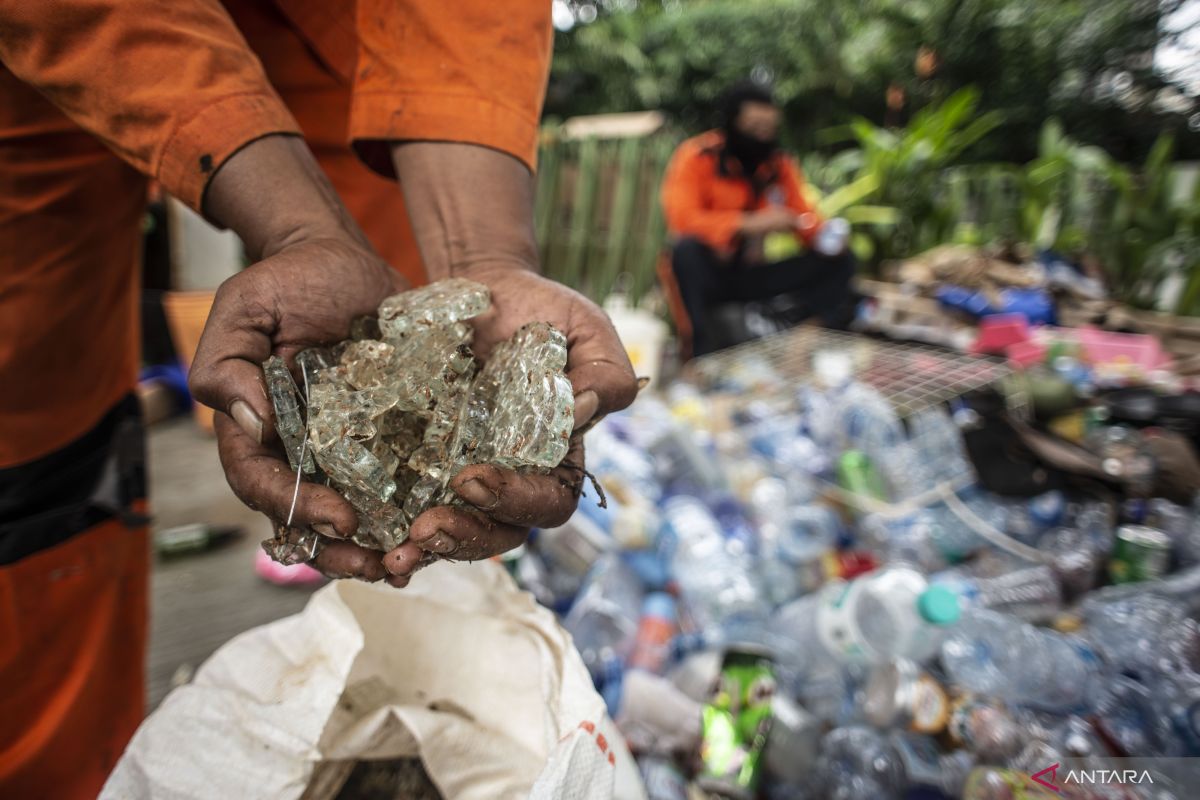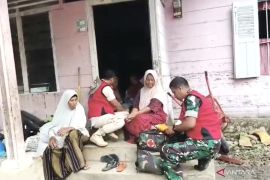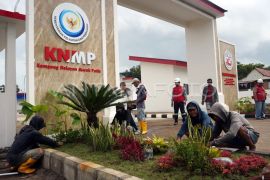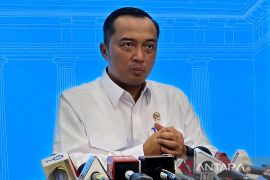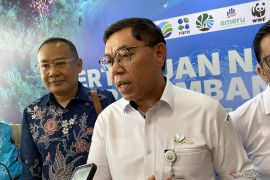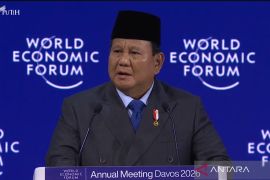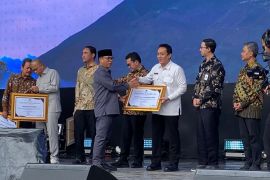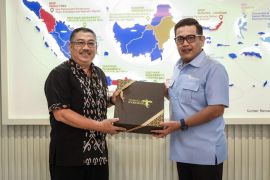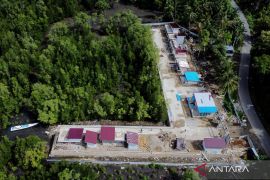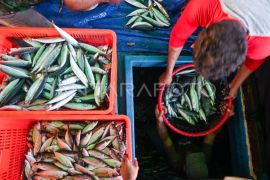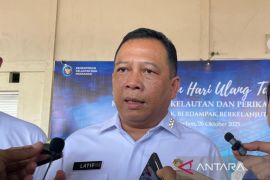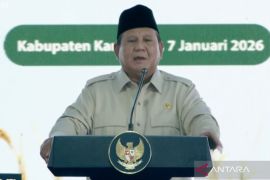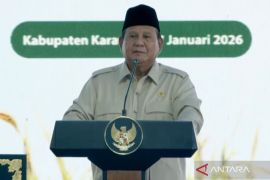According to the National Waste Management Information System (SIPSN) data, 33.82 million tons of waste were generated in 2024 across 314 districts and cities, with 20.22 million tons of that waste being managed.
The government did not remain silent in response to this issue. Several steps have been taken by ministries and agencies, including the Ministry of Environment and the Ministry of Villages and Development of Disadvantaged Regions, which initiated the launch of the Waste-Caring Village Movement.
This movement was officially launched with a declaration led by Minister of Villages and Development of Disadvantaged Regions Yandri Susanto in Serang District, Banten, on Friday (May 16).
He noted that the Waste-Caring Village Movement is one of the government's strategic steps to tackle the waste problem from the earliest level, namely the village communities.
The fact that the waste issue cannot be solved by the central government alone but also requires active participation of the community, especially the village communities, is one of the foundations for the Ministry of Villages and Development of Disadvantaged Regions to introduce this movement.
The movement is expected to become a way of life for village communities rather than just a ceremonial activity.
Furthermore, Minister Susanto reminded that environmental quality is directly linked to the community's quality of life.
Hence, he believed that waste handling should begin with a new perspective, such as prioritizing its management and upholding collaborative principles.
Environmental observer Prof. Indang Dewata from Padang State University also noted that the most effective waste reduction requires the community's contribution.
Waste reduction can start with simple steps, such as sorting waste at home.
"Waste sorting and reduction can start from the source, namely households. By sorting waste at home, recycling used plastic waste becomes easier and has higher value because the quality is better," he stated.
Related news: Waste management key to sustainable tourism: Deputy Minister
Commitment
Through the Waste-Caring Village Movement, the Ministry of Villages and Development of Disadvantaged Regions has established three main commitments for villages.
First, villages must commit to reducing waste at its source. Second, they must manage waste in an environmentally friendly way. Third, they must increase public awareness and participation in waste management.
The Ministry of Villages and Development of Disadvantaged Regions, in collaboration with the Ministry of Environment, makes these three commitments the foundation for sustainable village community-based waste management.
In this movement, the ministry also encourages a paradigm shift in society regarding waste. As Minister Susanto stated, the community should see waste not just as a problem but as an economic opportunity if managed properly and appropriately.
"If we handle it well, waste will provide great benefits. We believe that with this movement, we will support the achievement of the sixth Asta Cita mission of President Prabowo, namely, carrying out development from villages and the lower level for economic equity," he remarked.
The minister highlighted various waste management innovations that communities in villages can adopt, such as utilizing organic waste for maggot cultivation, creating crafts from plastic waste, and converting waste into electrical energy. Many parties in Indonesia have succeeded in proving that waste can be a promising source of income.
As one of the concrete steps to kick off the Waste-Caring Village Movement, the Ministry of Villages and Development of Disadvantaged Regions is holding the Waste-Free Village Competition, which is currently in the assessment stage.
Villages participating in the competition will be assessed based on the initiatives, sustainability, and the real impact presented through their waste management efforts.
The ministry is set to announce the winners in August. The village clean-up competition is held to promote the culture of environmental cleanliness.
Meanwhile, Deputy Minister of Environment Diaz Hendropriyono, who also attended the launch of the village movement, stated that villages play a strategic role in achieving the national waste reduction target.
Village initiatives in waste control will have a dual effect: a healthier environment and improved welfare through a circular economy.
The circular economy aims to reduce waste and maximize the reuse of resources. It encourages recycling, fixing, and reusing products to prevent them from becoming waste quickly.
This approach aligns with the government's low-carbon development vision and commitment to the global climate change agenda. Effective waste management is expected to directly help reduce greenhouse gas emissions, especially from domestic waste.
With the spirit of collaboration, innovation, and community participation, the Waste-Caring Village Movement offers new hope for Indonesia to address the waste problem from the grassroots. Big changes can begin in villages.
Related news: Purworejo metamorphoses for the better through Village Fund Program
Editor: Rahmad Nasution
Copyright © ANTARA 2025
